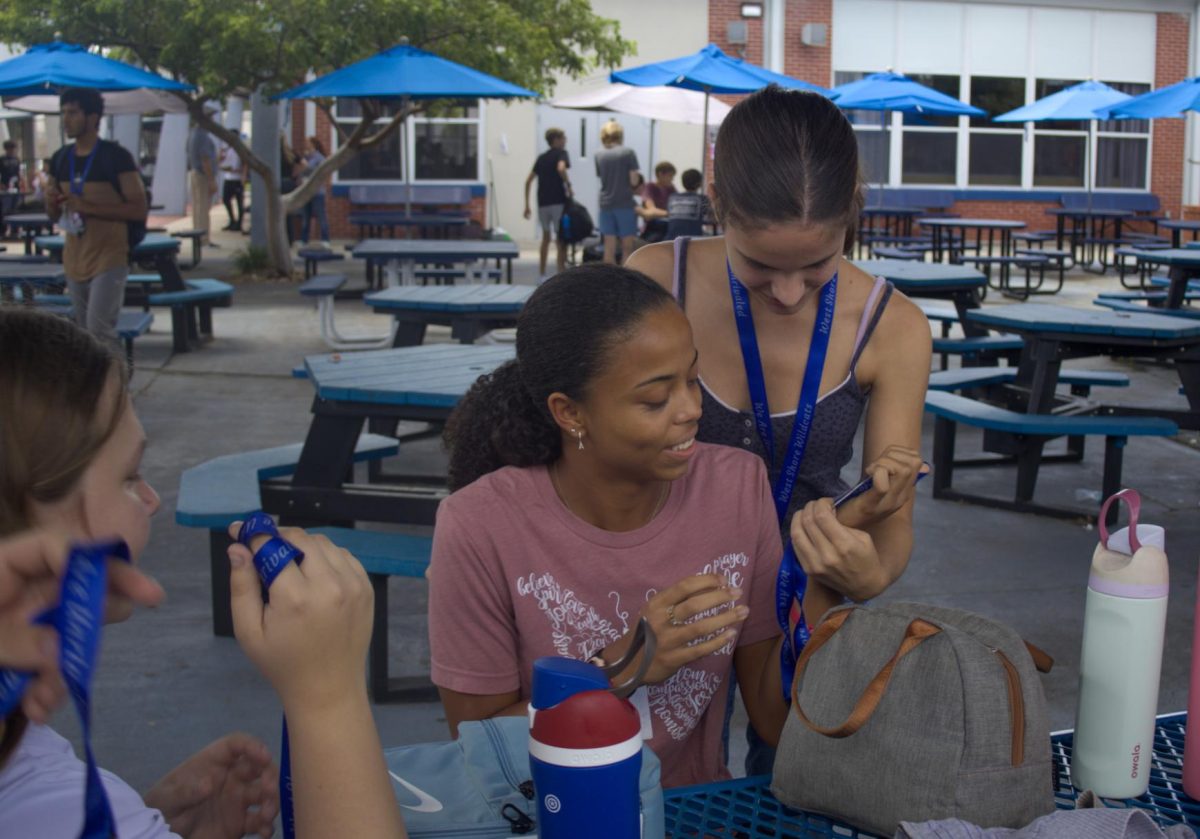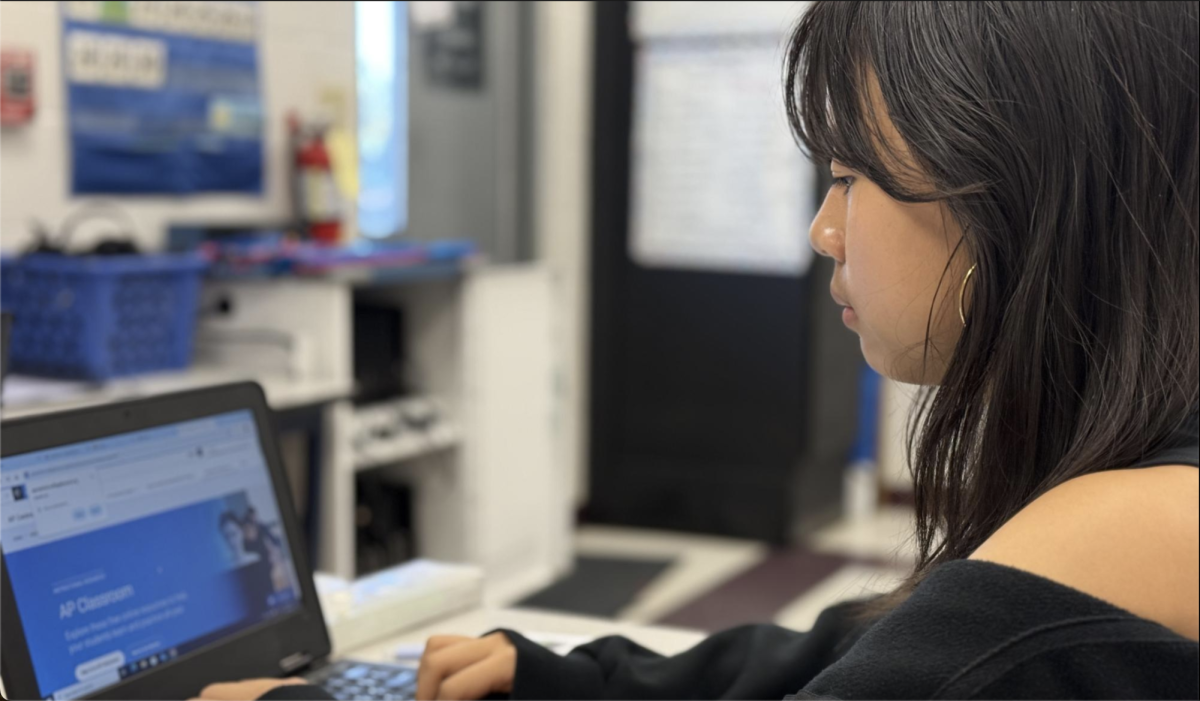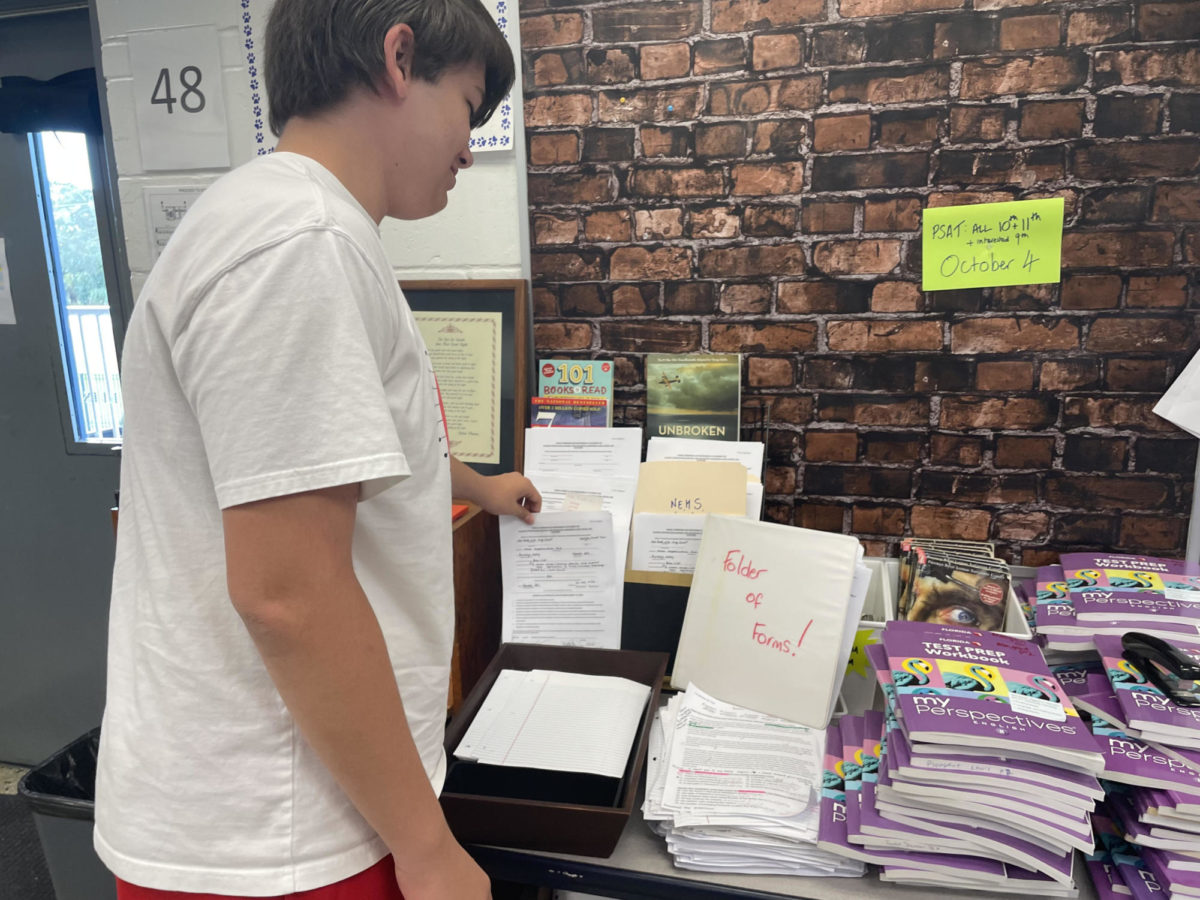Paperwork has taken over schools. It floods every backpack, folder and filing system following the state mandate of School-Sponsored Events and Activities forms. Stemming from the Parental Rights in Education Act, parents must sign off on every club, event or activity a student participates.
Principal Rick Fleming said each student could file more than a hundred forms by the end of the year. In addition to the inconvenience of the paperwork, it’s costly. Since the global pandemic, paper prices have skyrocketed, increasing the school’s monthly paper cost by approximately $700. With the addition of thousands of extra forms, money will need to be pulled from other budgets for items such as classroom materials. Furthermore, the state mandates use of these forms, but isn’t providing state schools any more funding to order them.
Moreover from excessive costs, high school students should be allowed to decide what clubs they want to join and what school events to attend. If school activities are deemed inappropriate by a majority, then the issue lies within the school administration enabling the activity rather than the student’s decision to participate in school events. Since teachers and sponsors must hand out forms for harmless activities, such as tutoring for math class and pumpkin painting for the National Art Honor Society, the forms are pointless. Most high school students will be out of the house soon, but are not trusted to choose which school-sponsored activities they want to participate in. Parents should not micromanage their children because as young adults, they will be underdeveloped in the decision-making skills necessary for adulthood.
Forms violate students’ abilities to properly exercise their rights. Parents must grant secondary schools authority over students while they’re on campus, as defined by the “in loco parentis” doctrine. This refers to the legal responsibilities and powers parents possess that are passed onto school officials while their children are on school grounds. There are with minimal limitations that include rights to student records and opting out of standardized testing. In loco parentis applies to children in public K–12 schools, as well as certain colleges. When parents pass on these authoritative powers to the school, it removes the ability for parents to overregulate their students’ schedules. Besides required assemblies, students have the right to participate in any club or event they desire.
Extracurricular activities offer a safe space for students that they can’t find elsewhere. Clubs can forge environments that allow students to feel at home, a place to freely express themselves without the fear of judgment. With so many clubs to choose from, students have the opportunity to find a place where they fit in. Yet, clubs rely on student recruitment from friends in order to grow and flourish. Bringing outside students into clubs allows other students to become invested and to see what the club truly has to offer. In spite of that, students are now required to fill out activity paperwork—requiring a parental signature—in order to participate in all school activities including clubs, tutoring, dances, etc. However, these forms are more than just tedious files to complete. They restrict student clubs from expanding, which diminishes club building and camaraderie. Schools should be cultivating safe environments where students can explore their interests and discover who they are.
Categories:
Paper overload
Consequences of parental rights law overwhelms faculty, staff
October 19, 2023
While shuffling through English teacher Tamara Reis’ collection, sophomore Parker Wales searches for a form.
More to Discover
About the Contributor

Elena Konicki, Editor in Chief
Hi! I’m Elena, and it’s my third and (sadly) final year on staff. I’m so proud to be one of your editor in chiefs and work alongside the incredible Rhea. When I’m not writing, I’m planning world domination one step at a time…


![Sophomore Isabelle Gaudry walks through the metal detector, monitored by School Resource Officer Valerie Butler, on Aug. 13. “I think [the students have] been adjusting really well," Butler said. "We've had no issues, no snafus. Everything's been running smoothly, and we've been getting kids to class on time.”](https://westshoreroar.com/wp-content/uploads/2025/08/IMG_9979-1200x800.jpg)



































